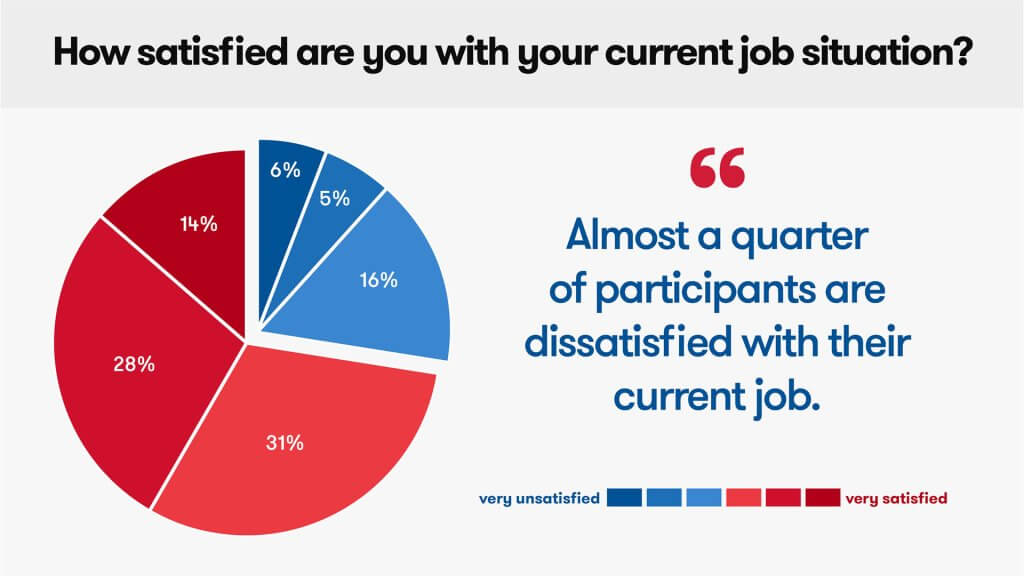By Steve Cox, Chief Evangelist at IRIS FMP
According to research carried out by the United Nations Global Compact, 92% of CEOs feel that sustainability will be important to the success of their business in the future. It also revealed that only 48% of businesses are already finding ways to implement sustainable measures. To understand how more sustainability can be introduced into the workplace via leadership, we first need to consider what it means, and why it matters.
What is sustainable business leadership?
Sustainable business leadership refers to when a business owner and management team conduct their work with a concern for the environment and the society around them. It means that decisions are made ethically, with particular attention to sustainable development.
Sustainable leadership in business has another implication; that this ethos then exudes onto the staff and business as a whole. If a company is built on foundations that have sustainability at heart, this will shine through in a range of elements. More than just big decisions such as regular donations to charities, or involvement with local community projects, smaller acts like printing only when it’s absolutely vital, and using glasses instead of plastic cups will become commonplace.
Why is sustainable business leadership important?
As the world of business continues to change to meet wider global needs, there is a need for a change in the way leaders operate too. Today, it’s important for business owners and managers to prioritise long-term sustainability – not only in aspects relating to their company, but within the wider world.
To achieve long-term success, those 52% of companies that are not focussing on sustainability yet, need to start doing so now. Leaders should be finding a balance between the demands of short-term goals and longer-term objectives relating to improving the social and environmental scene. There are ways to sustain a company’s financial success, while working in a manner that benefits the wider world. Read on to find out why this should be a concern for every business.
To tackle global poverty
Global poverty has been an ongoing problem for centuries, but with the recent pressures added by coronavirus, the number of people living below the poverty line is only expected to increase.
Sustainable leadership in business can go a long way toward combating this global problem. Business leaders who prioritise social responsibility find ways to support both local and foreign communities in a number of ways. This could be anything from offering apprenticeships and job opportunities to underprivileged teenagers in their local area, to partnering with non-profit organisations who work to empower people abroad.
To improve education
According to data released by UNICEF, in 2018 there were around 100 million illiterate people (aged between 5 and 24) worldwide. It’s thought that around 5.1 million adults in the UK alone are ‘functionally illiterate’, meaning they have a reading age of below 11.
This means that a significant proportion of people are ill-equipped for work and will therefore have limited opportunities in the world of business. One way for company-owners to help rectify this issue is to invest in education projects – both at home and abroad. This could be by offering scholarships or sponsoring the education of a number of people.
To take environmental responsibility
Climate change has been a very real issue for a long time, but with the increasing prominence of figures like Greta Thunberg, it’s one that has gained much traction in recent years. Individuals and company-owners alike have begun to prioritise environmental concerns and are constantly looking for ways to do their bit.
A business leader looking to achieve a level of sustainability can use their position in a very positive way, influencing not only their own staff but also other stakeholders including investors and customers. There are many ideas that can be implemented in the workplace to improve environmental consciousness, from changing their energy sources to renewable ones, to committing to using recyclable materials only.
For business reputation
Even though it could be argued that sustainable behaviour for reputational reasons is not admirable, the fact is such activities are still beneficial to the wider world. So even if a business owner is only concerned with acting socially responsible so that they can shout about it in marketing and media, this is better than doing nothing.
Either way, evidence of prioritising sustainability in business brings about a sense of respect among stakeholders. It’s widely known that potential employees are more drawn to businesses that behave in this way, and that customers are more likely to buy from socially and environmentally responsible suppliers. Likewise, many investors will prefer to supply funds to eco-conscious businesses that demonstrate a good understanding of creating a sustainable future.
A company’s bottom line
Companies that thrive on sustainable business leadership are likely to be rewarded with an improved bottom line. Drawing in the right kind of employees who wish to work in an environment that prioritises sustainability, such companies will flourish where it comes to innovation and enthusiasm.
Not only this, but as the global population becomes increasingly in tune to environmental and societal issues, such a company is more likely to attract a higher quality and quantity of customers. More and more consumers want to give their business to deserving companies, who do their bit to give back to the world around them.
A good way to look at sustainable business leadership is to consider whether a company manages to meet the demands of its current stakeholders, without endangering its future stakeholders. While they might provide budget-friendly goods and services now, are they doing this in a way that supports the future of our world? To achieve a genuinely sustainable business, company leaders must examine all the ways in which they can behave responsibly. From providing opportunities to the underprivileged, to offsetting their carbon footprint, there are a wide range of ways to do this.








